By Qaiser Nawab
The Third Plenary Session of the 20th Central Committee of the Communist Party of China (CPC), held from July 15 to 18, 2024, in Beijing, marks a significant milestone in China's journey toward modernization and sustainable development. This session, attended by 199 members and 165 alternate members of the Central Committee, along with non-voting participants including experts and scholars, was presided over by the Political Bureau of the Central Committee, with General Secretary Xi Jinping delivering pivotal addresses.
During the session, the Central Committee reviewed and discussed a comprehensive report on the work of the Political Bureau, presented by Xi Jinping. The session also adopted the Resolution on Further Deepening Reform Comprehensively to Advance Chinese Modernization, reflecting the CPC's commitment to continuous progress and reform. The Central Committee fully affirmed the efforts of the Political Bureau in implementing the guiding principles from the 20th National Party Congress and the first and second plenary sessions of the 20th Central Committee. These efforts include faithfully applying the new development philosophy, pursuing progress while ensuring stability, implementing the Five-Sphere Integrated Plan and the Four-Pronged Comprehensive Strategy, and ensuring both development and security.
The Central Committee's work has led to significant achievements in economic recovery and growth, high-quality development, and the advancement of socialist democracy and rule of law. These accomplishments underscore the CPC's dedication to safeguarding national security, promoting cultural work, and improving the people's wellbeing and environmental protection. The session's emphasis on comprehensively deepening reform to advance Chinese modernization aligns with the CPC's strategic vision for the present and the near future. This period is critical for building a great country and achieving national rejuvenation. Chinese modernization, driven by reform and opening up, promises broader horizons and greater achievements.
The session highlighted the importance of staying committed to Marxism-Leninism, Mao Zedong Thought, Deng Xiaoping Theory, the Theory of Three Represents, the Scientific Outlook on Development, and Xi Jinping Thought on Socialism with Chinese Characteristics for a New Era. This ideological foundation is essential for comprehensively deepening reform and adapting to complex domestic and international developments, the new scientific and technological revolution, and the industrial transformation. By adhering to the principles of pursuing progress while ensuring stability, freeing minds, seeking truth from facts, and taking a pragmatic approach, China aims to unleash productive forces and boost societal vitality.
The Central Committee outlined the overall objectives of further deepening reform, aiming to improve and develop the system of socialism with Chinese characteristics and modernize China's governance system and capacity. By 2035, the goal is to build a high-standard socialist market economy, enhance the system of socialism with Chinese characteristics, modernize governance, and achieve socialist modernization. These efforts will lay a solid foundation for building a great modern socialist country by the middle of the century.
Key areas of focus for reform include building a high-standard socialist market economy, promoting high-quality economic development, supporting innovation, improving macroeconomic governance, and advancing integrated urban-rural development. Additionally, the session emphasized the importance of high-standard opening up, whole-process people's democracy, socialist rule of law, cultural advancement, and ecological conservation. National security and the modernization of national defense and the armed forces were also highlighted as integral to Chinese modernization.
China's commitment to sustainable development and the United Nations' Sustainable Development Goals (SDGs) is evident in its approach to reform. The CPC's efforts to enhance education, science, technology, and talent development align with the SDGs' focus on quality education and innovation. The emphasis on ecological conservation and green development reflects the global goal of combating climate change and protecting the environment. Furthermore, China's dedication to promoting social fairness, improving the people's quality of life, and ensuring security and stability resonates with the SDGs' vision of inclusive and sustainable development.
The session stressed that the Party's leadership is fundamental to the success of further deepening reform and advancing Chinese modernization. Upholding Comrade Xi Jinping's core position and the Central Committee's authority is crucial for maintaining political integrity, following the leadership core, and ensuring the centralized, unified leadership of the CPC. The Party's self-reform and the application of strict standards in governance are vital for steering social transformation and achieving the goals of reform.
China's foreign policy, rooted in the principles of peaceful development and the promotion of a human community with a shared future, reflects its commitment to global cooperation and development. The CPC's dedication to the Global Development Initiative, the Global Security Initiative, and the Global Civilization Initiative demonstrates China's proactive role in international governance and its pursuit of an equal and orderly multipolar world. The session's communique emphasized the importance of studying and implementing the guiding principles from the session to ensure the success of reform initiatives and the advancement of Chinese modernization.
The Third Plenary Session of the 20th CPC Central Committee represents a visionary and strategic roadmap for China's future. By embracing comprehensive reforms, promoting sustainable development, and enhancing global cooperation, China is poised to achieve its goals of modernization and national rejuvenation. The CPC's leadership and commitment to reform are essential for navigating the complex challenges of the 21st century and building a prosperous, harmonious, and sustainable future for China and the world.
About Author:
Mr. Qaiser Nawab is the President of the Belt and Road Initiative for Sustainable Development (BRISD) and an international Expert on the United Nations’ Sustainable Development Goals. For further contact, please email qaisernawab098@gmail.com














































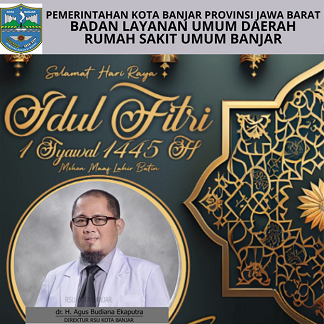
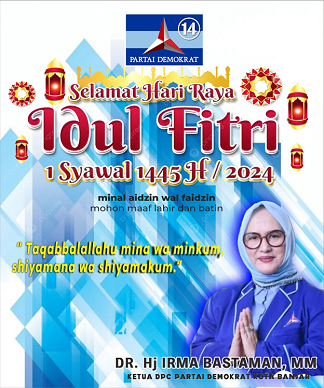


























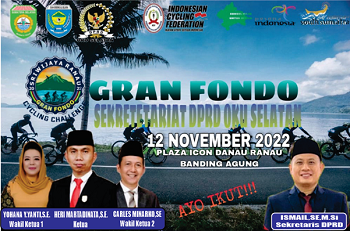

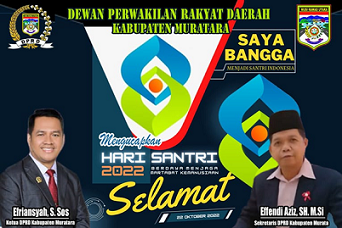

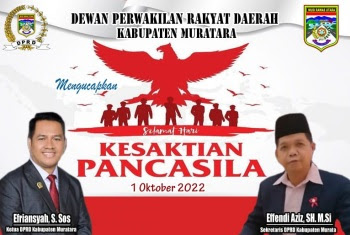
















0 Comments